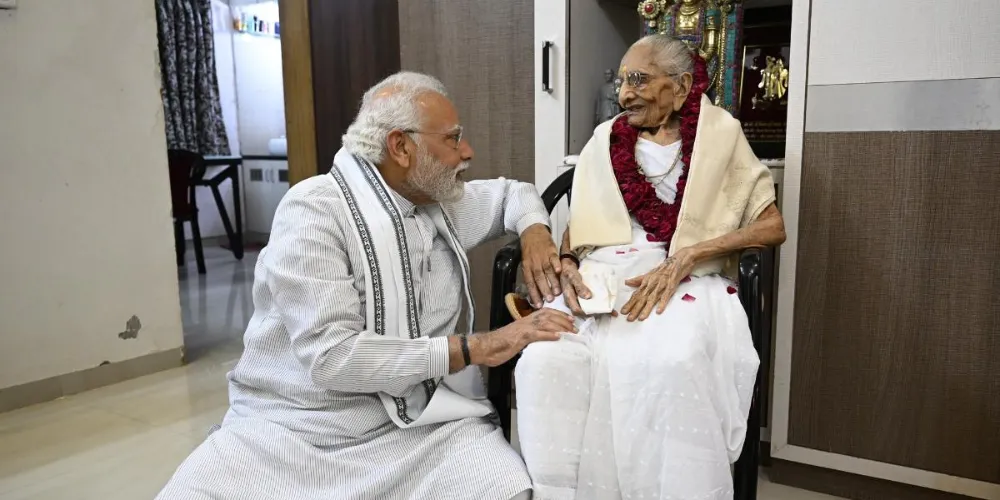DMK’s Proposal Sparks Political Controversy
The Dravida Munnetra Kazhagam (DMK) has once again found itself at the center of a political storm after Union Finance Minister Nirmala Sitharaman strongly criticized the party’s alleged proposal to replace the rupee symbol. Calling it a threat to national unity, Sitharaman accused DMK of pushing a divisive agenda that undermines the integrity of India’s economic identity.
The controversy erupted after reports suggested that certain DMK leaders have been advocating for a change in the official rupee symbol, introduced in 2010, to better reflect regional aspirations. While the party has not made any formal declaration on the matter, the idea has drawn sharp reactions from the ruling Bharatiya Janata Party (BJP), with Sitharaman leading the charge against what she termed as an “anti-national” move.
Rupee Symbol: A National Identity Issue
India’s rupee symbol (₹) was officially adopted in 2010 after an extensive selection process, incorporating elements of both Devanagari and Roman scripts to represent India’s linguistic and cultural diversity. The symbol was designed to establish a unique international identity for the Indian currency, much like the dollar ($) or the euro (€).

Sitharaman argued that any attempt to alter this symbol is not just an economic issue but a direct challenge to national unity. She claimed that DMK’s alleged demand reflects its long-standing tendency to prioritize regional interests over national cohesion. The Finance Minister also warned that such demands could set a dangerous precedent, encouraging other regional political parties to push for similar changes, thereby weakening India’s collective identity.
DMK’s Response and Political Reactions
Reacting to Sitharaman’s remarks, DMK leaders have dismissed the allegations as baseless and politically motivated. They argue that the BJP is trying to misrepresent their stance to create an unnecessary controversy. Some DMK members have clarified that there is no official proposal from the party to change the rupee symbol, and such discussions are being exaggerated for political mileage.
Opposition parties, particularly the Congress and the Left, have largely remained silent on the matter, while BJP leaders have continued to attack DMK, accusing it of repeatedly trying to challenge national symbols and traditions. Political observers see this as part of a larger BJP vs. DMK ideological battle, with the former positioning itself as the defender of national identity and the latter advocating for greater regional representation.
Implications for National Politics
This controversy adds to the ongoing friction between the BJP-led central government and DMK, which has been vocal in its criticism of the Union government’s policies. The BJP sees such issues as an opportunity to consolidate its nationalist narrative, while DMK remains firm in its stand for regional autonomy and cultural representation.
As the debate over the rupee symbol intensifies, it is expected to become another flashpoint in the larger political battle leading up to the next elections. Whether or not DMK formally pushes for a change, the controversy has already stirred strong emotions on both sides, shaping the discourse on nationalism, federalism, and economic identity in India.



